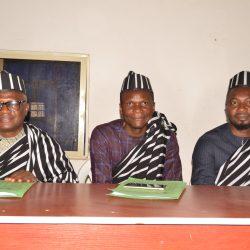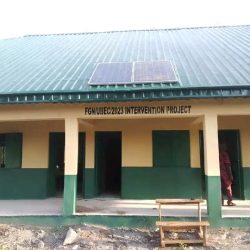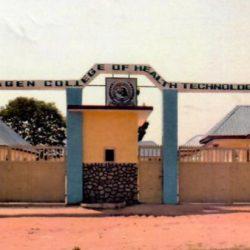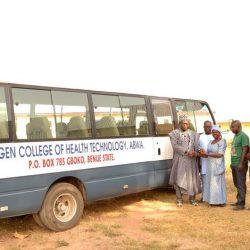Abwa is the capital town of Mbagen clan of Tiv nation. Its located in Buruku LGA of Benue state along Gboko-Katsina Ala Road.
It was mostly an administrative area in the early post independence period. It’s still an administrative town but also serves as a weekly market and an education hub with many schools.
The Mbagen College of Health Technology is the first tertiary institution in Abwa.
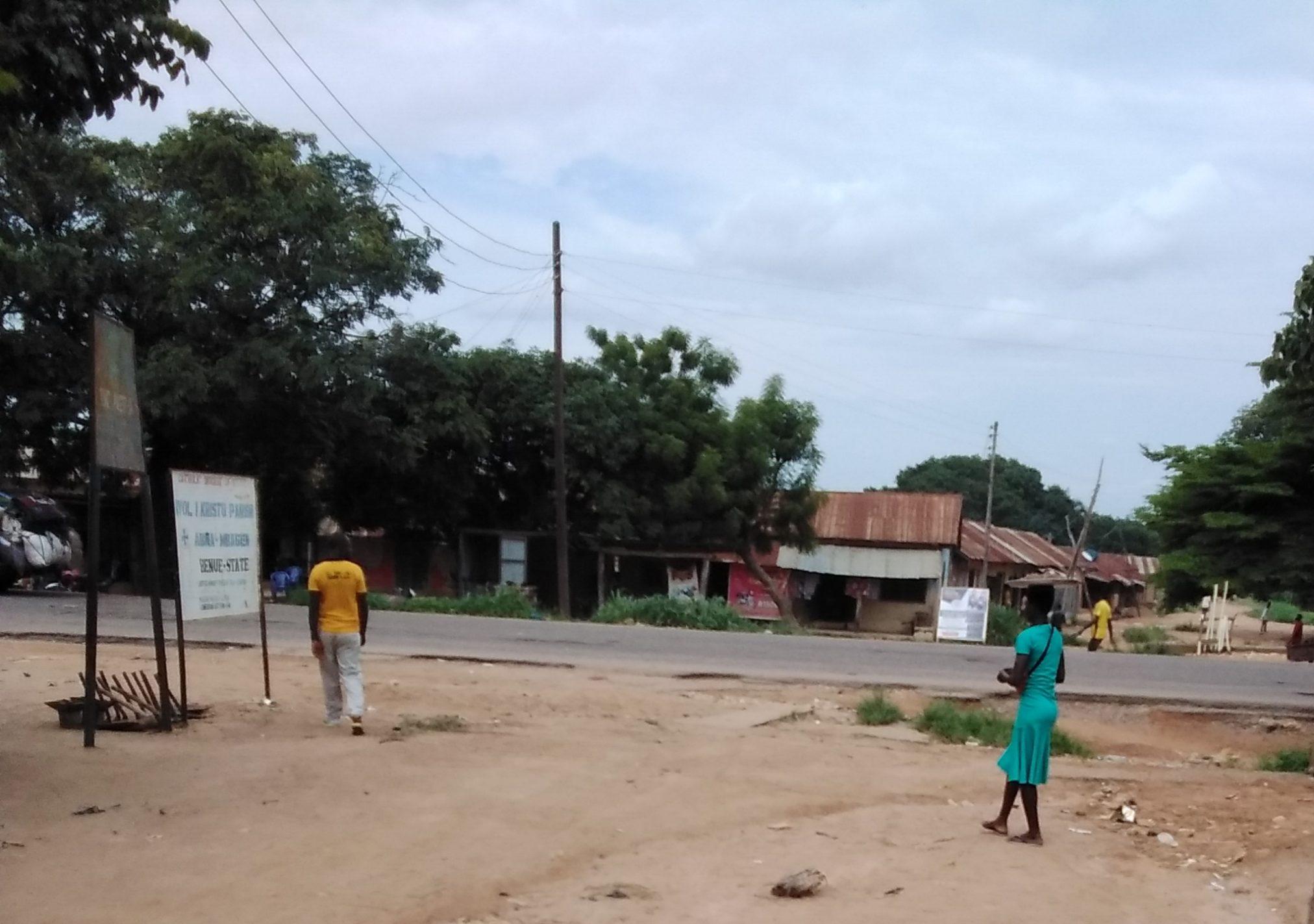
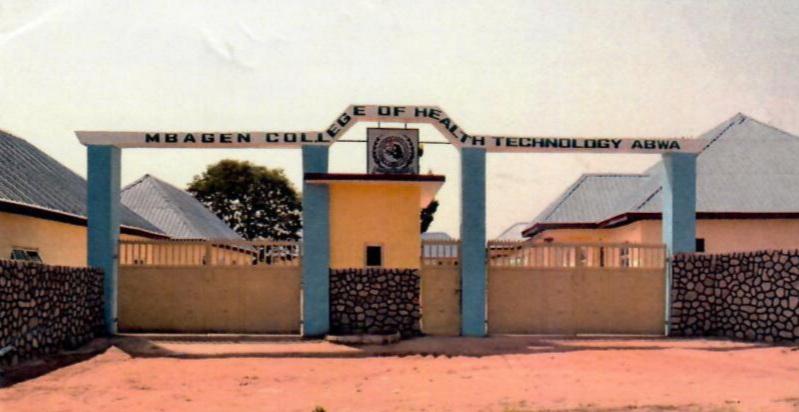
Abwa has a healthcare clinic that also serves as the college of health technology for practicals.
There is also the Mbagen Community Secondary School and other schools.
Besides having a major church the Roman Catholic Church has many other facilities in Abwa.
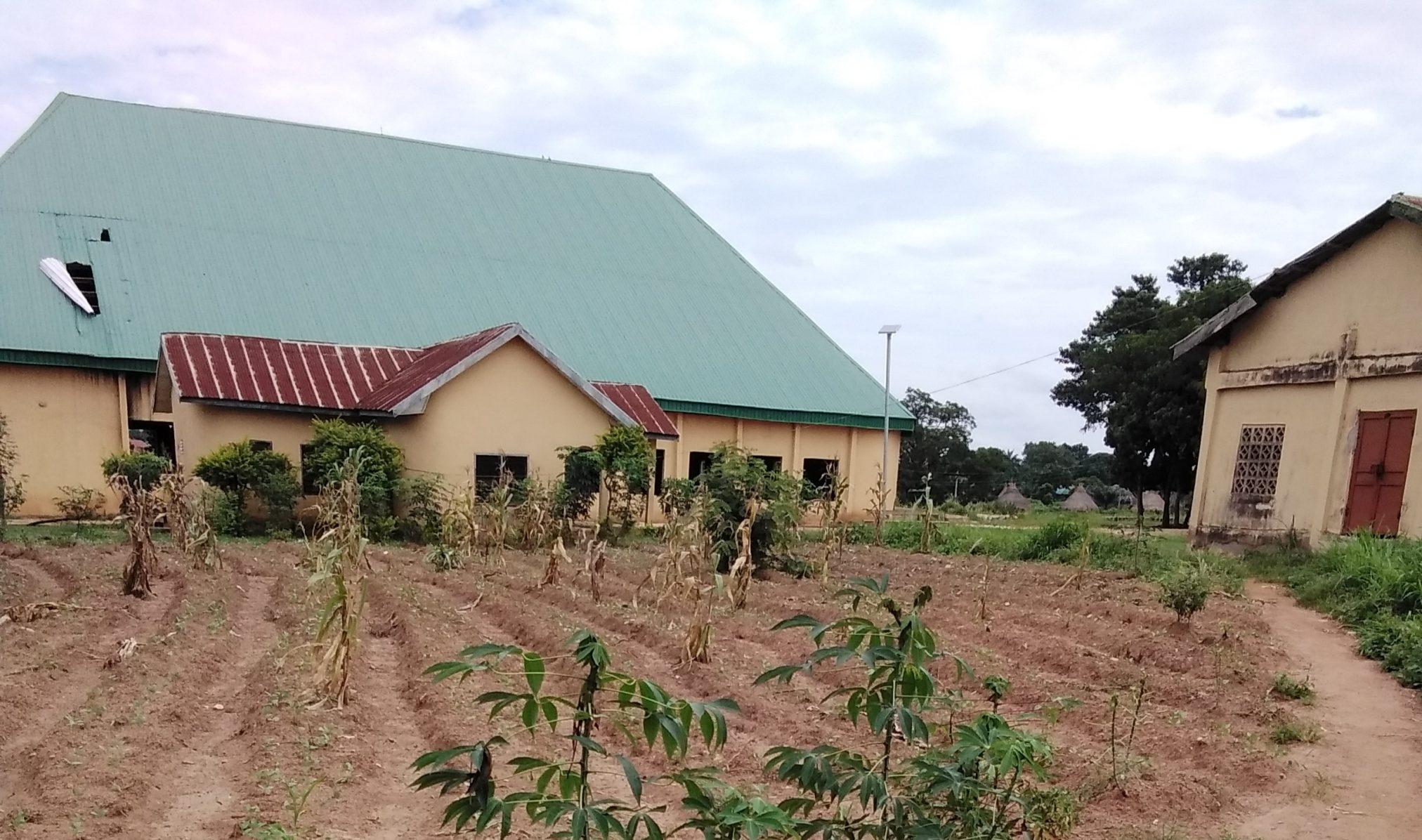
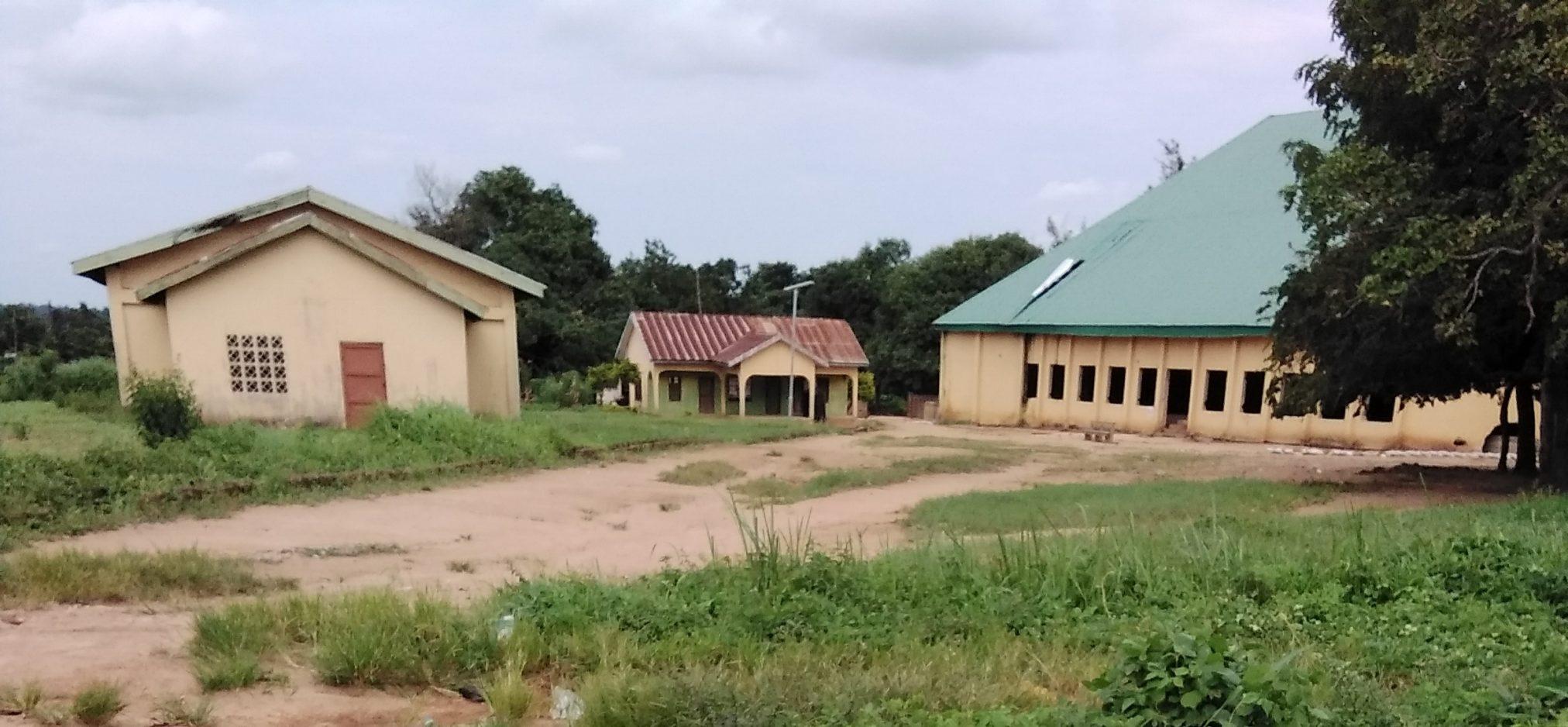
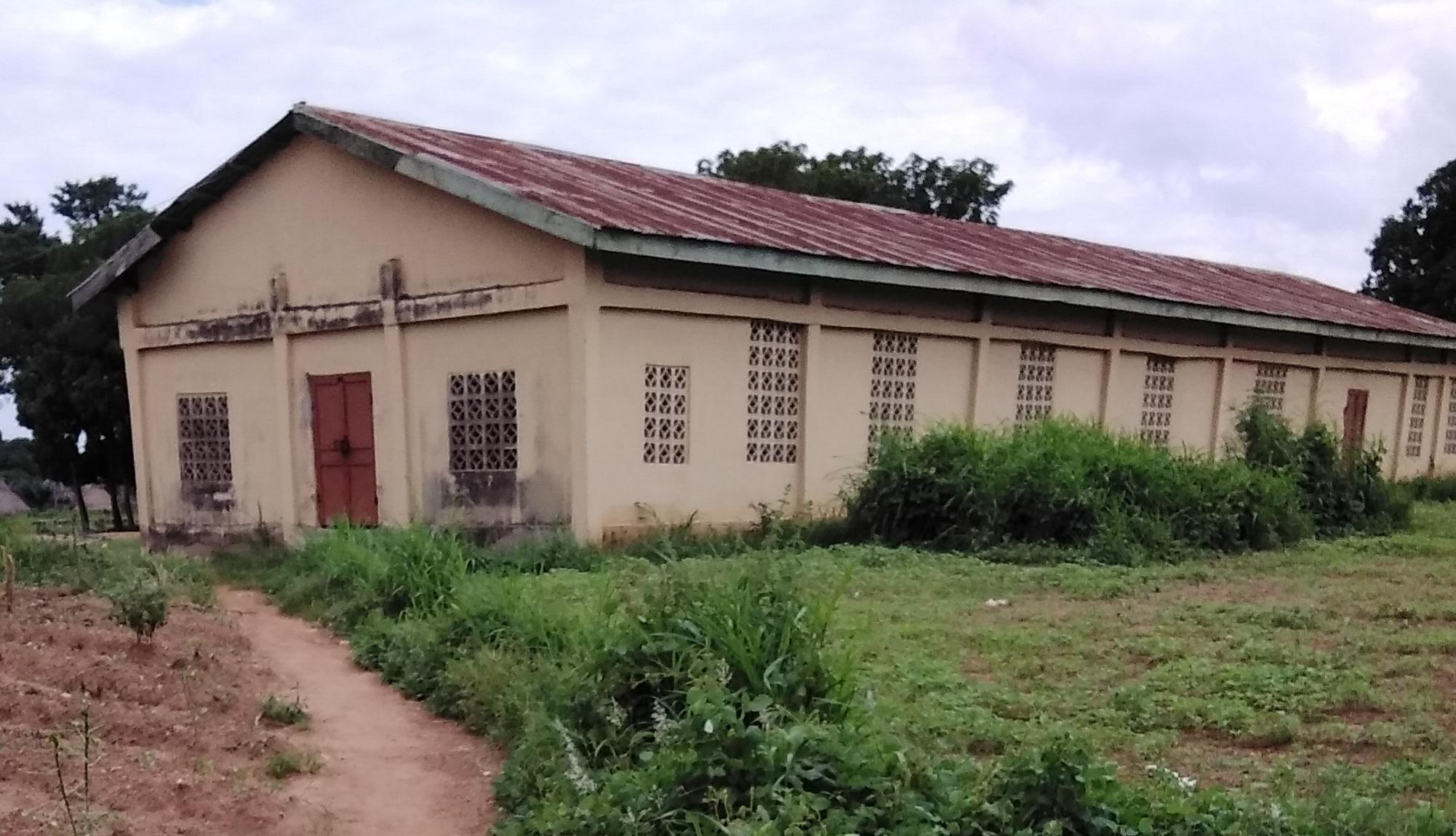
Other churches like NKST and pentecostals are in Abwa.
Abwa has one of the first police stations in the in Mbagen community and several other nearby communities.
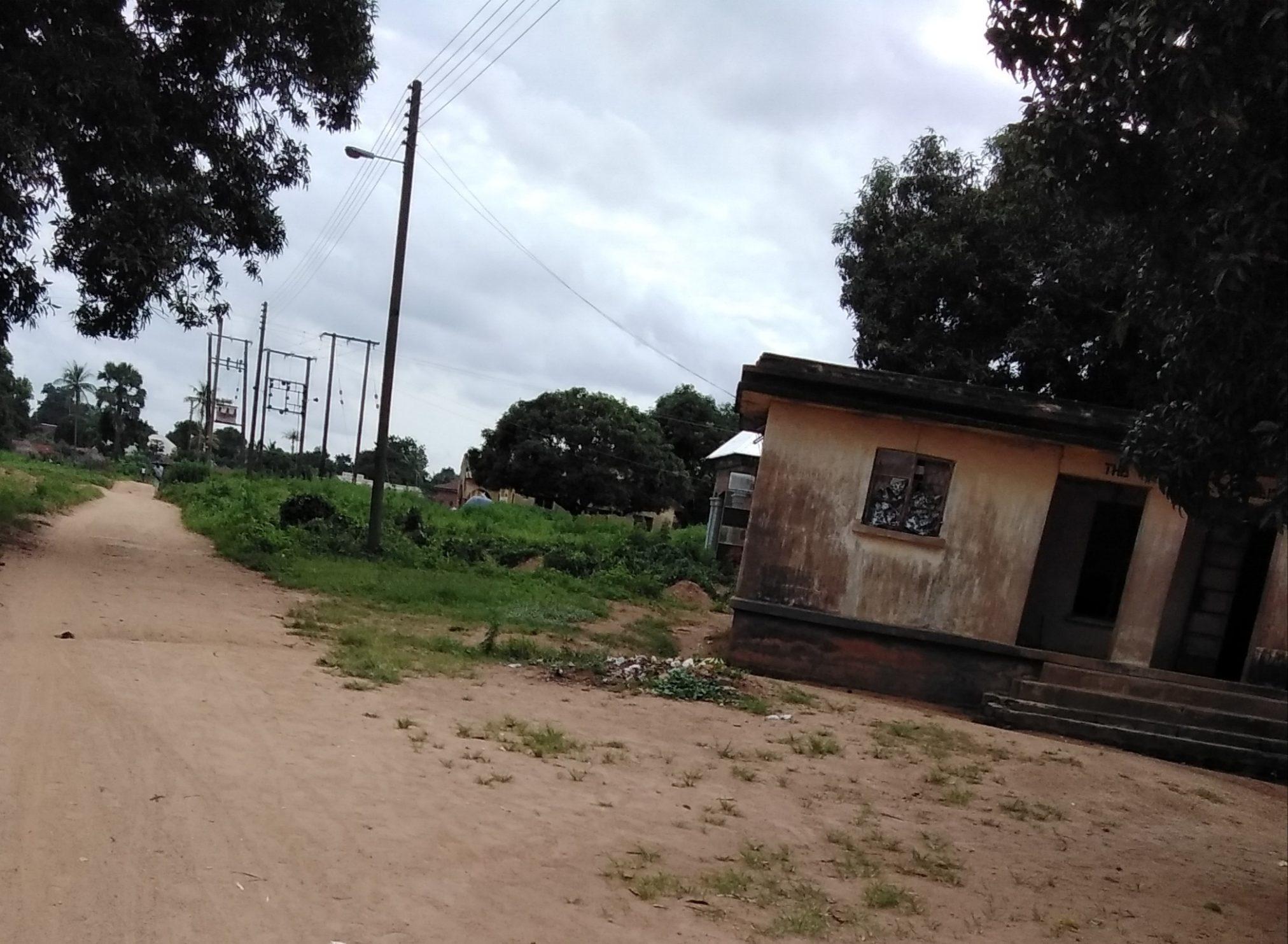
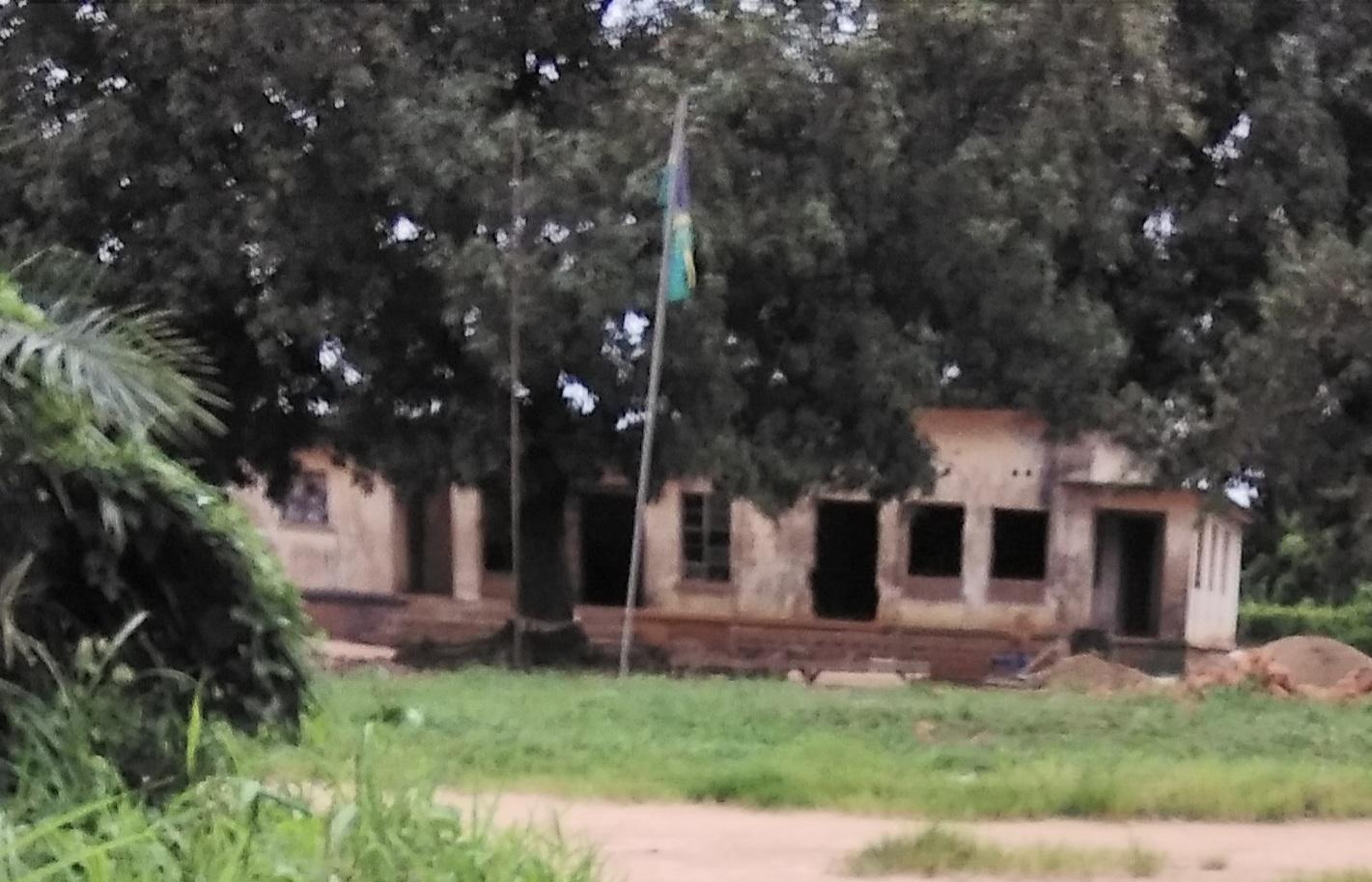
Prominent indigenous people include Prof Paul Akase Sorkaa, a former Vice Chancellor of Benue State University, Makurdi.
Sorka’s wife was at a time the chairman of the of Buruku LGA.
Areas near Abwa include Denen, Nyamatsor, Gbudu, Gbelave, Garuba, Bako, Ato, Ashibi, Anongur, Anchiha, Akume, Ajohol, Agine, Adyongo and Abor.
Abwa market is home to farm fresh food items like yams, oranges, groundnuts, cassava flakes, millet and fish.
Benue State
Benue State, one of the 36 States of Nigeria, was created on February 3, 1976.
It was one of the seven new states created by the military administration headed by the late General Murtala Muhammed, which increased the number of states in the federation from twelve to nineteen.
The state derived its name from the River Benue which is the second largest river in the country and the most outstanding geographic feature in the state.At creation, the state comprised of three local governments in the Tiv-speaking areas, namely Gboko, Katsina-Ala, and Makurdi; one local government (Otukpo) in the Idoma-speaking areas and three local governments (Ankpa, Idah and Dekina) in the Igala-speaking areas, which were excised from Kwara state.
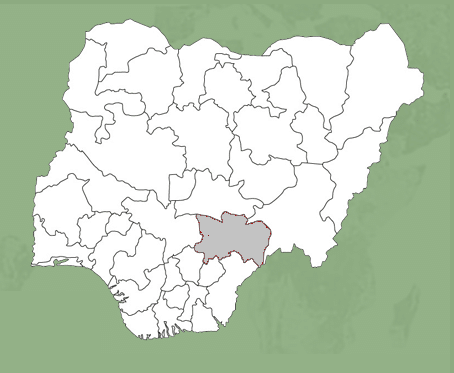
Today, however, with the creation of more states and local governments in 1991, the Igala-speaking local governments were excised to form part of the present day Kogi state. Presently, Benue state has twenty-three local governments, with the Tiv speaking area having fourteen while the Idoma-Igede area has nine local governments.

Capital
Makurdi, the state capital was established in the early twenties and gained prominence in 1927 when it became the headquarters of the then Benue Province. Being a river port, it attracted the establishment of trading depots by companies such as UAC and John Holt Limited. Its commercial status was further enhanced when the Railway Bridge was completed and opened in 1932. In 1976, the town became the capital of Benue State and presently serves also as the headquarters of Makurdi Local Government Area.
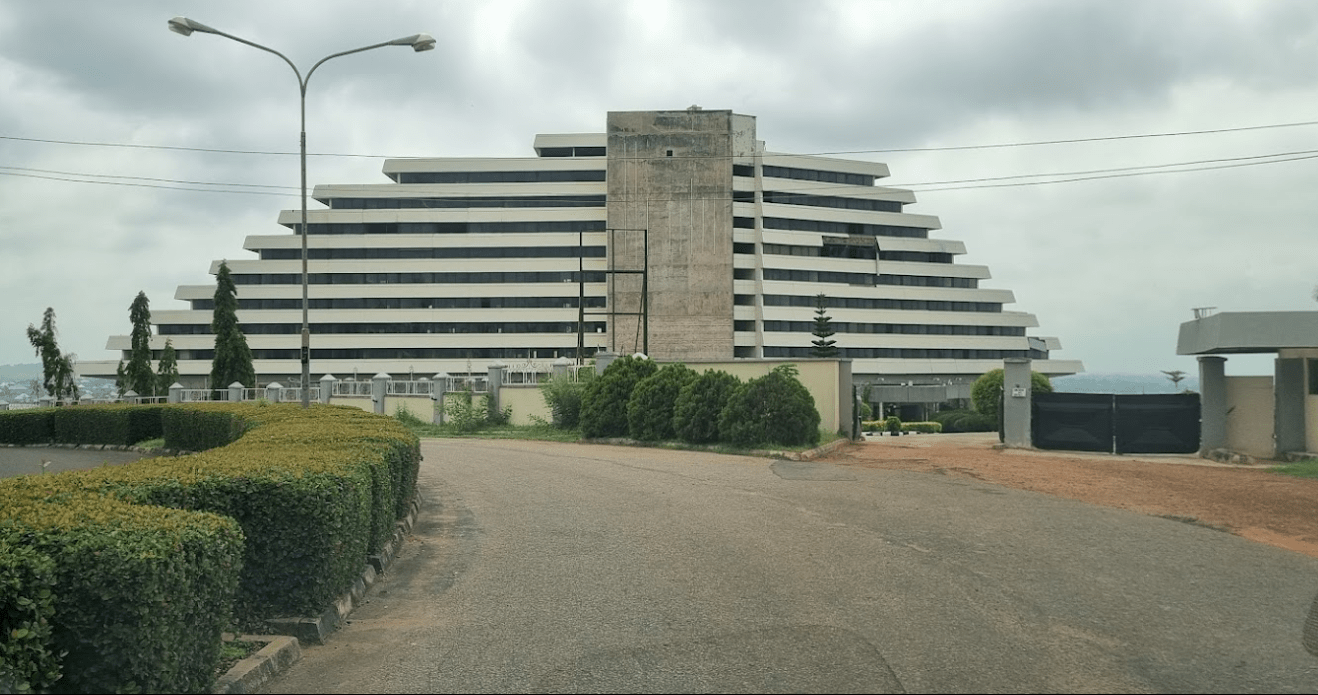
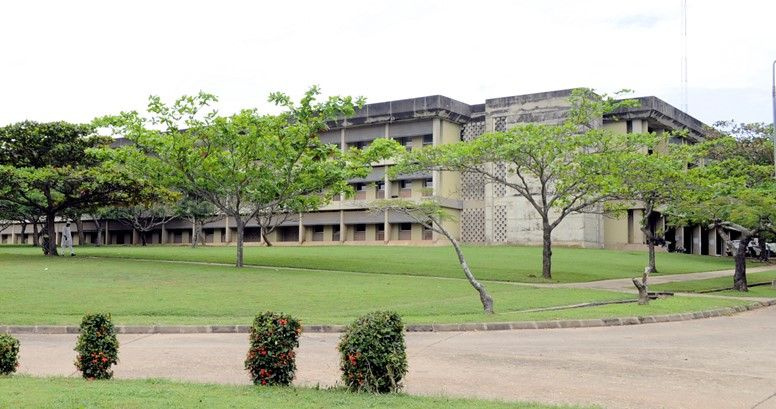

Location
The state’s geographic location in the country is quite unique: it lies roughly in the middle of the country and shares boundaries with six other states: Nassarawa to the North, Taraba to the East, Kogi and Enugu states to the West and Ebonyi and Cross-River states to the South. It also shares an international boundary with the Republic of Cameroun on the South-East.
Benue state has a landmass of 33,955 square kilometers and lies between Latitudes 6.5° and 8.5° North and Longitudes 7.47° N and 10 East.

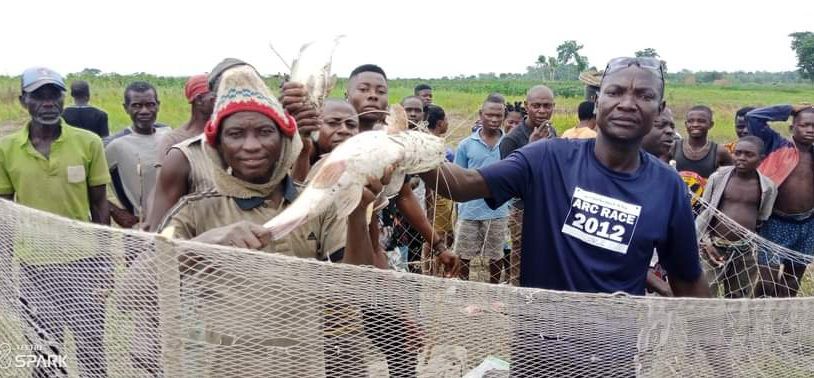
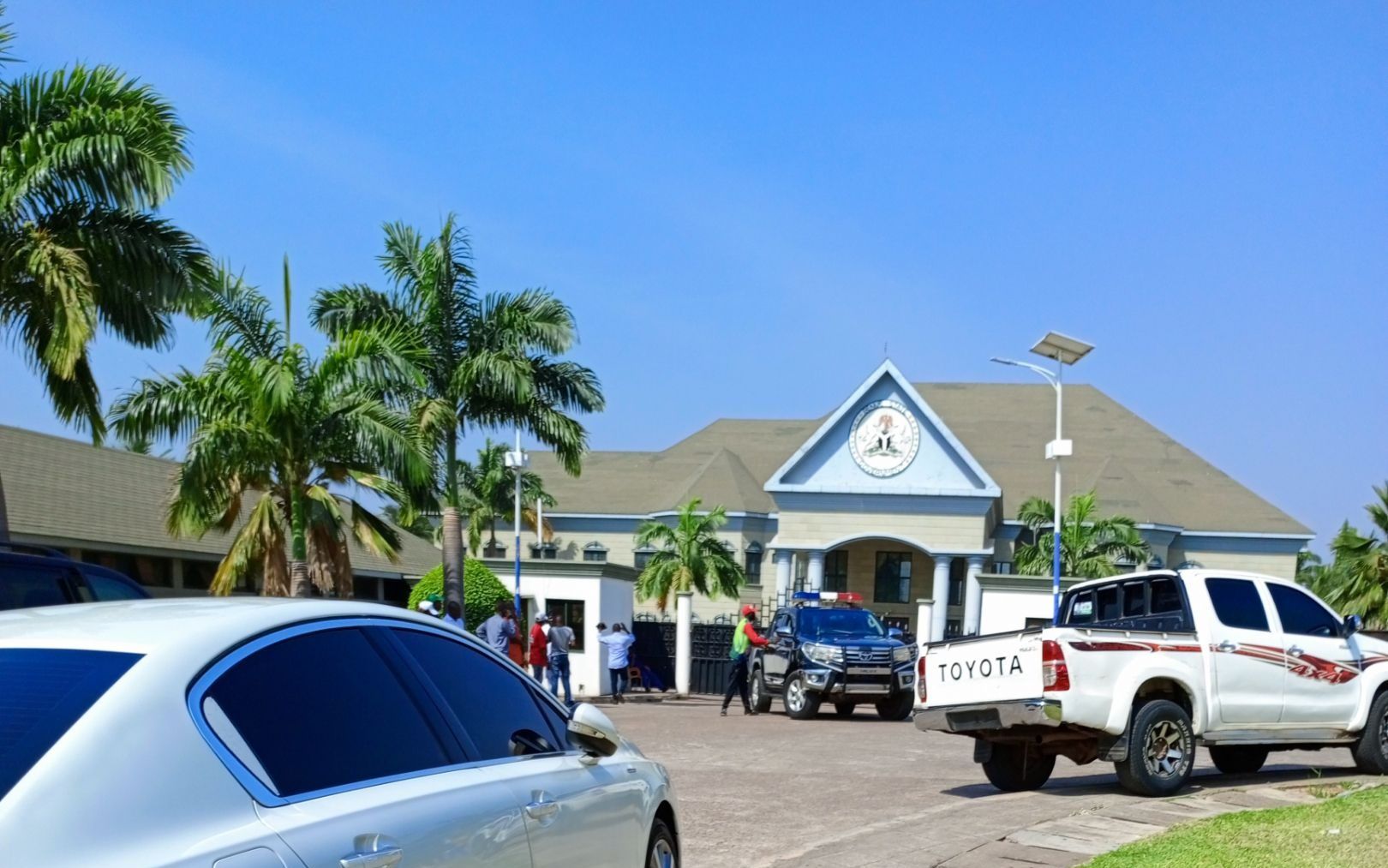

Climate and vegetation
Based on Koppen’s Scheme of Classification, Benue State lies within the AW Climate and experiences two distinct seasons, the wet/rainy season and the dry/summer season. The rainy season lasts from April to October with annual rainfall in the range of 100-200mm. The dry season begins in November and ends in March. Temperatures fluctuate between 23 – 37 degrees Celsius during the year. The south-eastern part of the state adjoining the Obudu-Cameroun mountain range, however, has a cooler climate similar to that of the Jos Plateau.
The vegetation of the State consists of rain forests which have tall trees, tall grasses and oil palm trees that occupy the state’s western and southern fringes while the Guinea savannah is found in the eastern and northern parts with mixed grasses and trees that are generally of average height.
Benue’s topography is mainly undulating plains with occasional elevations of between 1,500m and 3,000m above sea level. The state’s main geological formations are sandy-loam shelf basement complex and alluvial plains. These together with its location in the transition belt between the north and south ecologies and a favourable rainfall pattern account for its support for a wide variety of crops.
Benue people
The state comprises of several ethnic groups: Tiv, Idoma, Igede, Etulo, Abakpa, Jukun, Hausa, Akweya and Nyifon. The Tiv are the dominant ethnic group, occupying 14 local government areas, while the Idoma and Igede occupy the remaining nine local government areas.
Most of the people are farmers while the inhabitants of the riverine areas engage in fishing as their primary or important secondary occupation. The people of the state are famous for their cheerful and hospitable disposition as well as rich cultural heritage.

